It’s important, as a gesture to the locals and to further one’s enjoyment of a country, to attempt to speak the language. For these reasons, and because Jo has German ancestry, I have introduced German lessons. After ten fairly intensive days, here is my assessment of her progress:
Joanne attends lessons with apparent enthusiasm and the impression of diligence. However, this can be deceiving. After two days she suggested that I should keep notes for her. I replied that perhaps she should keep her own. This she now does, reluctantly – but unfortunately she never refers to them. Most language students are challenged by grammar, or vocabulary or pronunciation. Joanne seems to be challenged by all of these. Pronunciation, despite her ancestry, is a particular problem. The ‘ch’ sound as in buch or weinacht or rechnung requires pushing the tongue to the top of the palate. Despite considerable encouragement, this is beyond her. Joanne also has a tendency to rush at words: Neuschwanstein becomes Nishwisham, Wallerdingen becomes Walding, Handschuhschneeballwerfer leaves her with a blank dreamlike expression. She needs to examine words, identify the syllables and articulate them appropriately.
It is also unhelpful when Joanne pours scorn on the subject. How is W pronounced? She asks. Like a V. I say. Then how is a V pronounced? Like a V with a hint of an F, I say. And F then? F is F. That’s stupid she declares. It’s a stupid language. As I say this is not helpful, when things are not going well, to blame the subject matter. German is an ancient language, I tell her, with its own oddities and idiosyncrasies. Joanne says I’m a tyrant and that she doesn’t love me as much as she used to. She gets a D minus for ability and an E minus for effort.
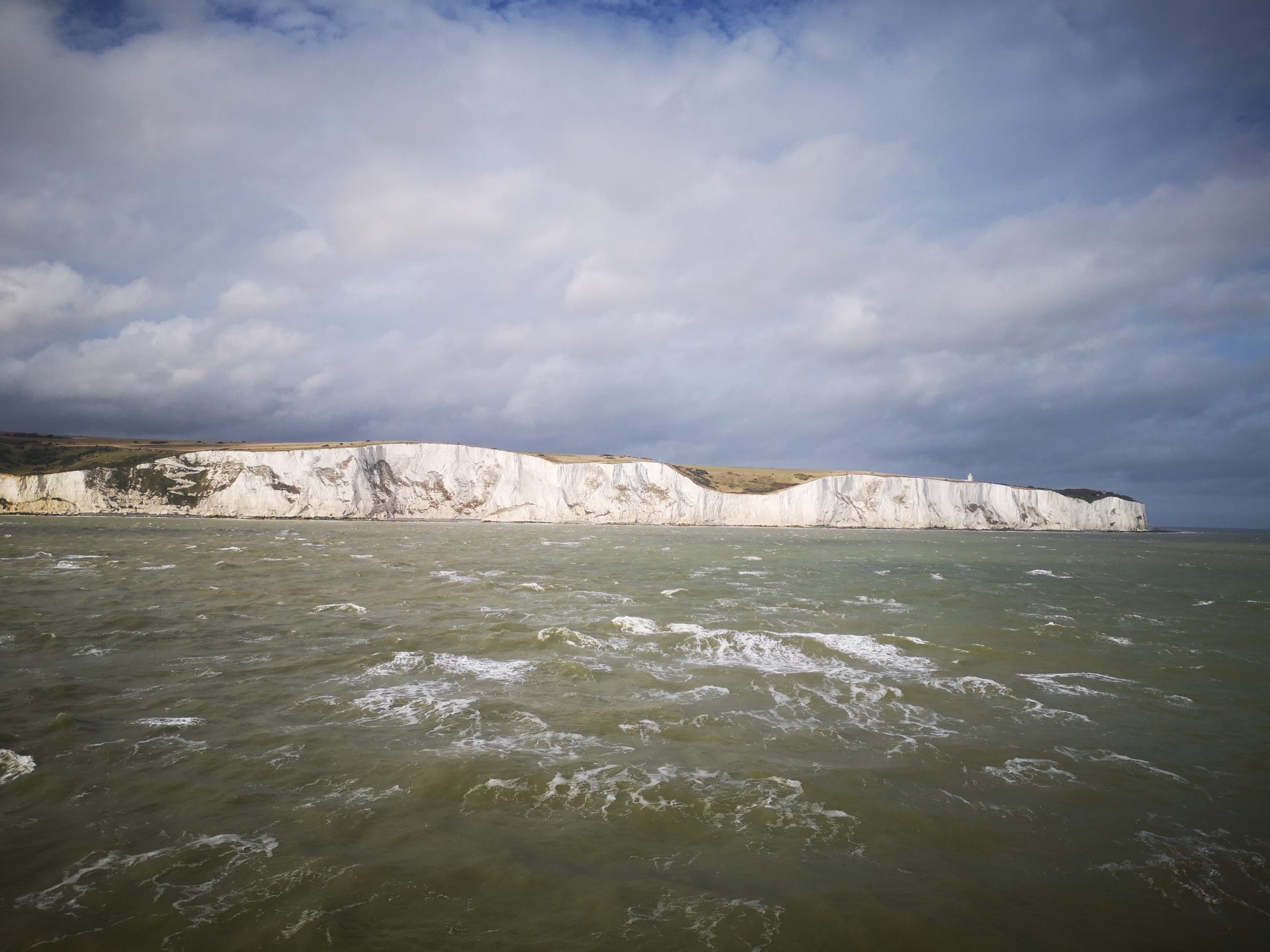
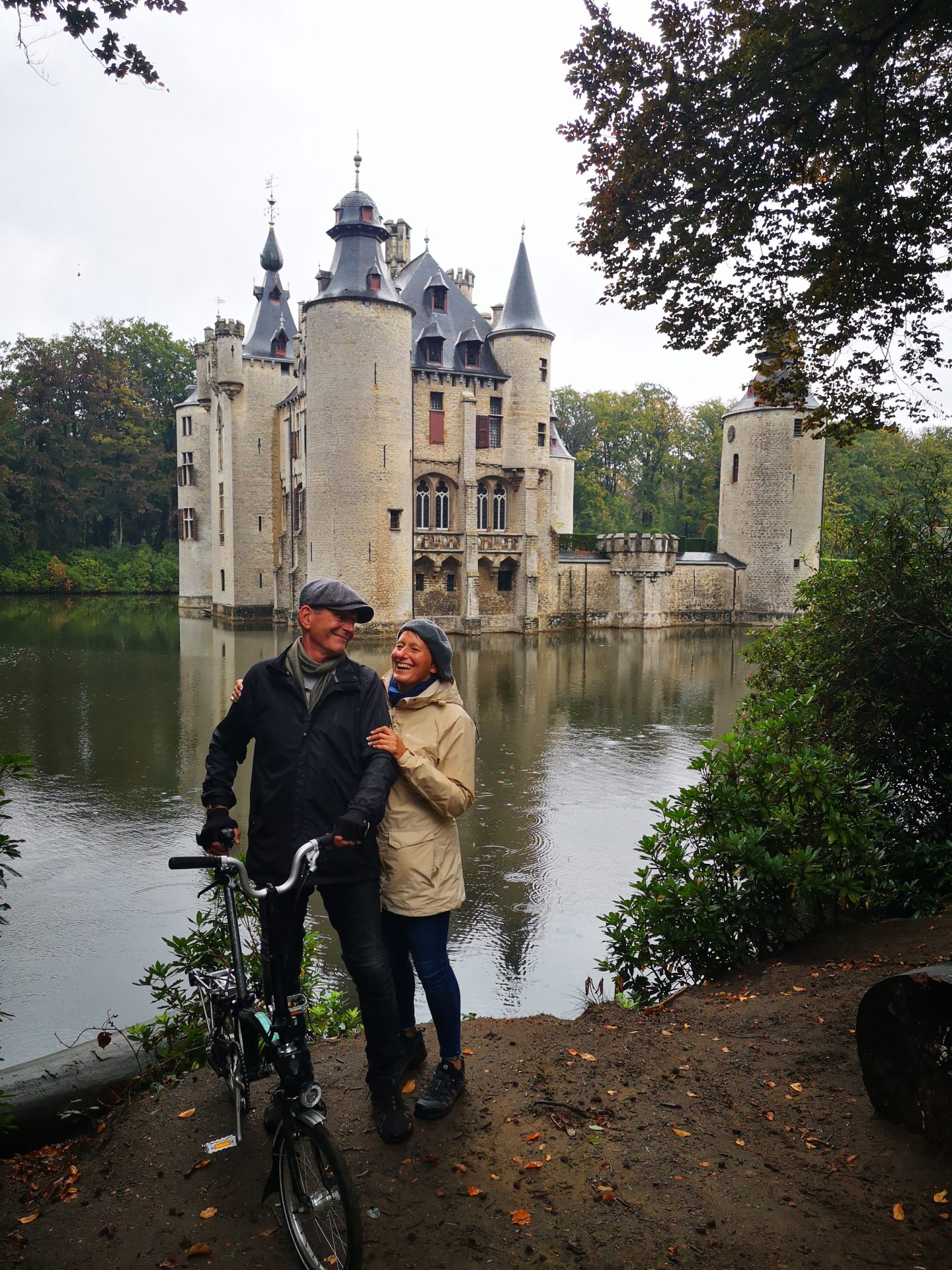
Our first stop is a 48 hour visit to my cousin Guido and his lovely Lief in Belgium. For some bizarre reason a stay of up to 48 hours in Belgium is ok. After that you become strangely susceptible to Coronavirus. We sleep in the Campervan. Guido prepares us a dinner of mussels ‘a la Guy’ and we cycle 30km with a stopover at an ancient Belgian farmhouse now masquerading as a cafe. There are wood burning stoves, the furniture is rustic (we’re seated at an old wooden school bench on which are carved the names of bored recalcitrant pupils – Heidi and Jeff). There’s a stuffed boar’s head over the fire and the walls are adorned with photos of long dead farmworkers. A rainstorm begins – we’re trapped in the warmth of a fine café with great company and Belgian beer.
On the return cycle, the small wheels of Jo’s Brompton get snagged against the edge of a deep gutter. She crashes into the road. But she falls well. She’s a little shocked but unharmed, perhaps thanks to those beers.
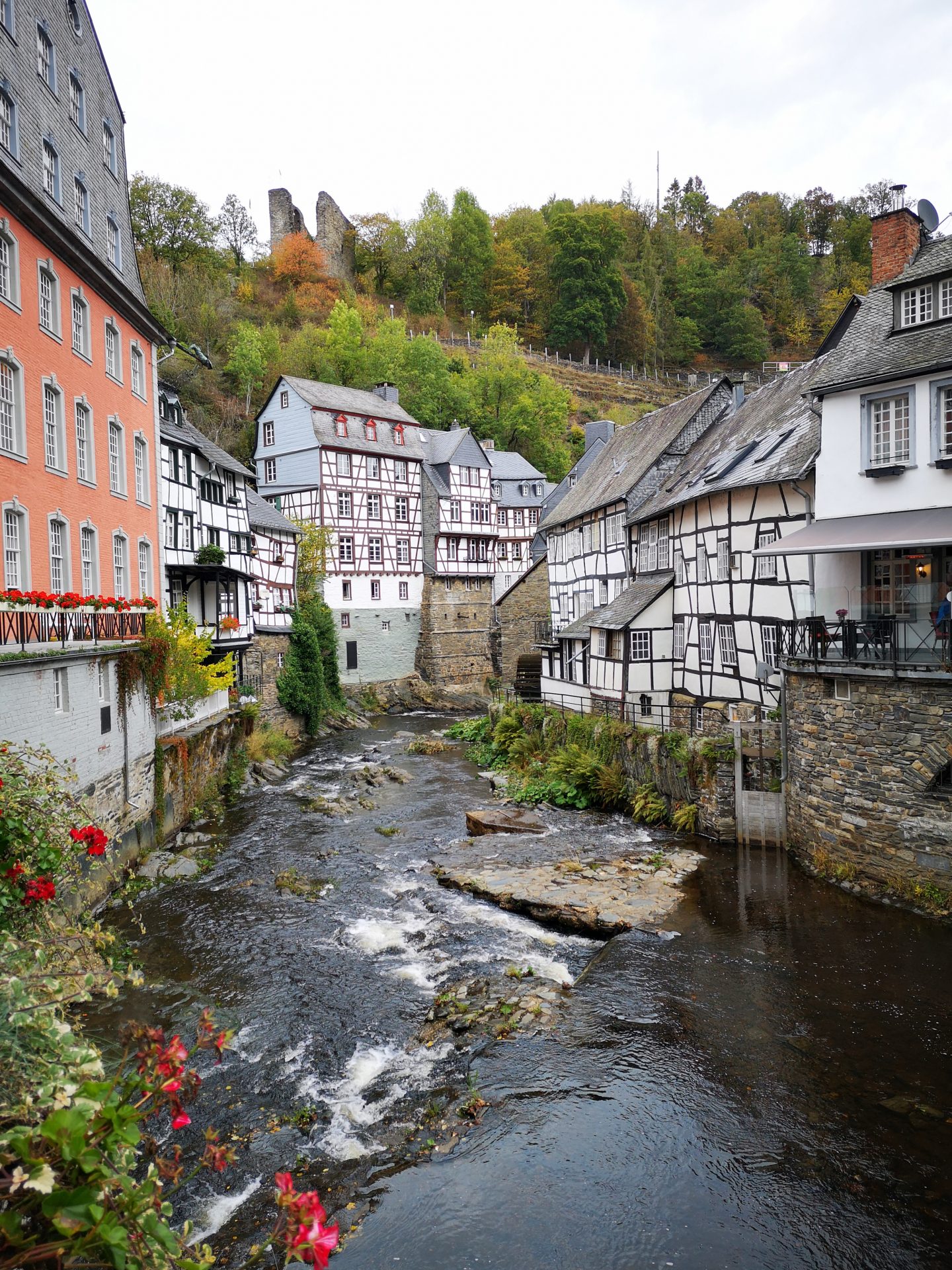
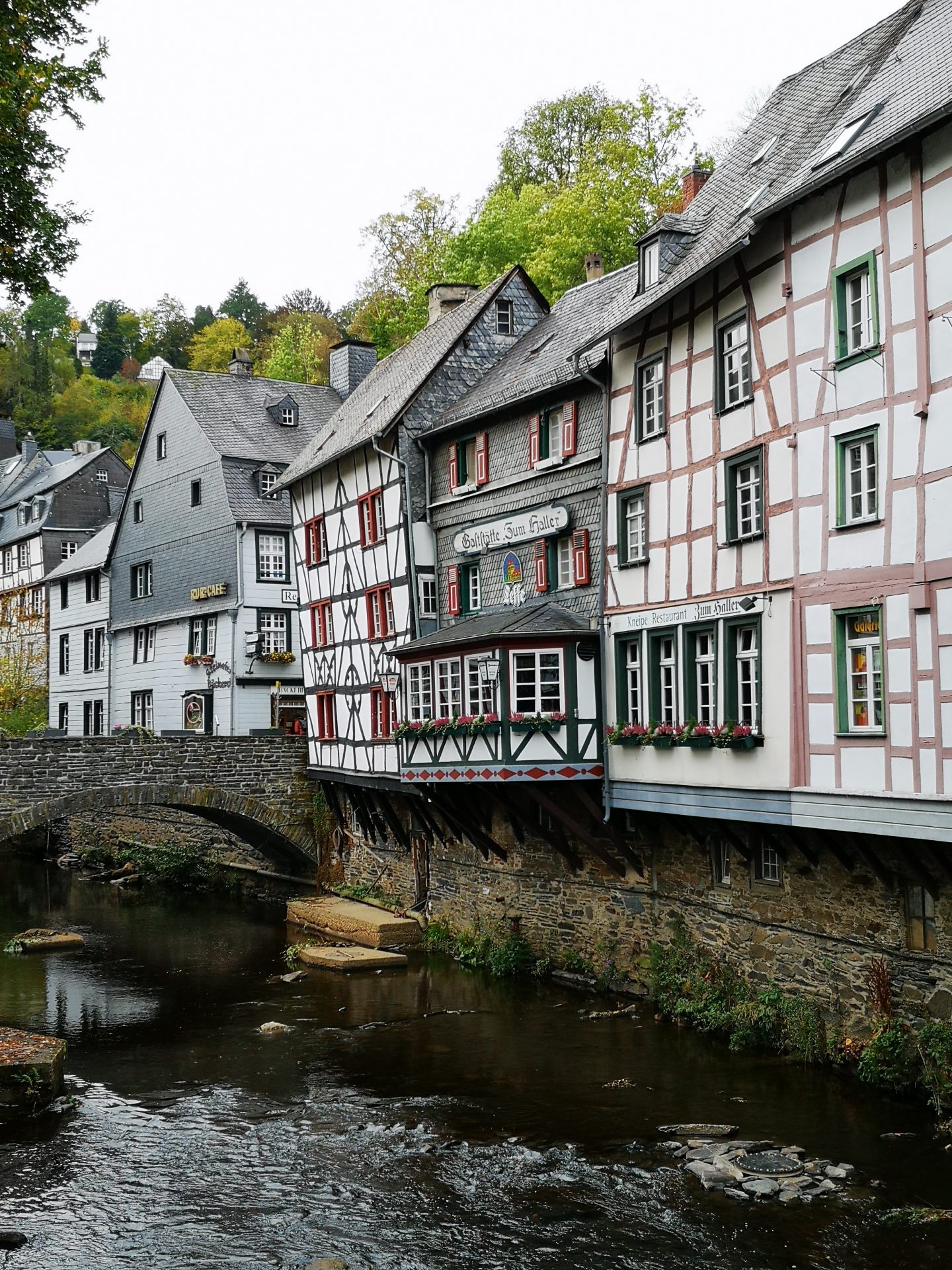
It’s day three and we’re speeding south along the autobahn to the charming old town of Monshau in Germany. It’s a small village of half timbered houses set in a steep valley through which rushes a boulder strewn river. It’s very picturesque in a Hansel and Gretel fashion. There’s a permanent Christmas shop declaring only 84 days to the big day. The many trees in and around the town are golden brown, and the air is pervaded with scents of cinnamon, cloves and coffee. Jo is enchanted.
We continue onto the Moselle river, travelling from Trier downriver to Koblenz where it joins the Rhine. It’s still raining. We stop at a vineyard to taste and buy a selection of Moselle wines – a crisp chardonnay, a dry Riesling and a trocken red. All really splendid. We pay €5 (horror – a contravention of campervan rule 2) to park at a small Stellplatze next to the river where the enterprising beret topped bezitzer (the landowner) arrives promptly at 6pm to collect the rent. He offers me yet more wine at €6, €8 or €12 a bottle.
Its a relaxed drive, hugging the twisting Moselle. The river is broad, it’s flow managed by a number of adjustable weirs and locks. The banks, beyond the adjoining road rise steeply, any sun facing plot is a terraced vineyard, a practice dating back to the Roman occupation. The more sheltered slopes are mostly dense woodland in autumn colours. We pass through medieval villages and ancient castles, some in ruins, perched on the hills.
We want to park overnight with a view of the river so we drive up into the hills. Jo guides us down a narrow track which ends at a small green patch next to a hunter’s hide. In an attempt to turn the van around on a steep muddy gradient, the wheels spin hopelessly. They eventually gain some traction, and we turn. I look with some anxiety at the track we’ve just descended. Will the van make it back up in the morning? It’s an anxiety that recurs throughout the night. The view of a bend in the Moselle far below and the twinkling lights of Enkirch village in the twilight are worthy of the risk.
We don’t want to follow the Moselle all the way into Koblenz, as we want to avoid big towns and cities during this time, so we head east at Lof, along a single track road, to join the Rhine. Remarkably, it’s only a fifteen minute drive. After the charms of the Moselle, the Rhine is a disappointment. It’s very commercial: more river and road traffic, lots of goods trains on the line ajoining the river, bigger towns. We cross the river on an open deck ferry to Lorch and drive south to the town of Rudesheim. I have a great black and white photograph of my parents and two Belgian relatives, all looking glamorous, sitting at a table in a Rudesheim bar, in the 1960s. We meander through the town and I wonder where that photo might have been taken. We dine on huge pork schnitzels with mushrooms and chips, washed down with German pilsner beer – standard German fare – in a very traditional Rhineland restaurant.
We’re leaving the busy Rhineland behind. We are in the southwest region of Bad Wutternburg. Stuttgart is the capital. I know it well as I worked there on a project for the global US Insurance Broker – Marsh Inc. in 2001. I was managing a project to close down a futile project (if that makes sense). It was ultimately a satisfying success and I enjoyed working with the Germans. I was in Stuttgart on the day that over 350 Marsh employees were killed in the 9/11 attacks on the World Trade Centre in New York. I was flying once, sometimes twice a week to Brussels and Stuttgart. It was a strange and unnerving time to be travelling a lot by air.
We are in the chic spa town of Baden Baden. It’s full of wealthy old Germans spending lots of old money. All the big brand retail outlets are in evidence – Jo proclaims that the new Versace season is patchwork. I see a lovely scarf for only €200! We walk the town and conclude that Bath Spa in South West England is more delightful with its extensive Roman Baths and Georgian architecture.
It’s still raining!
Into the Schwarzwald – the Black Forest. We walk for a couple of hours during a break in the cloudbursts. We gather walnuts and windfall apples and pears. Just to the east of the forest is a mountainous region called the Schwabishe Alb. Outside the village of Wallerdingen we park in a ‘No Campervans permitted’ carpark with a fantastic view of the nearby hills and forest, and in the distance a sweeping vista of the snow capped Swiss alps. We’re up early next morning and on the road before the polizei can nab us.
Further into the Schwabishe Alb, the season of autumn is in evidence in all its glorious colours: green of course, and blue, and red, brown, gold, brick red, amber, copper, ochre, orange, yellow – sometimes multiple colours on a single tree. It’s wondrous. From on high, Jo says that the landscape looks like a Hornby model train layout with individual trees dotting a rolling green landscape.
Jo has located a cycle track along the Danube river. Everybody, well maybe not everybody these days, knows that the mighty Danube flows through Budapest, Vienna and Belgrade. But who knows that it starts in little old Bad Wutternburg. On our drive to the start of the cycle Jo subjects us to a loud Spotify rendition of Strauss’s The Blue Danube, not one of my favourites. The cycle however, is a delight. The shallow infant Danube flows through a limestone gorge covered in trees in those autumnal colours. We stop at the Jaegers café (literally the Hunter’s Café, complete with antlers affixed to the outside walls) for beers and minced beef with chips. What is this meat? I ask the waiter. Where did you cycle from? He asks. Beuron Monastery, I tell him. Those cattle you passed on the right – it’s one of them. After lunch we discover a possible parking place for the night; next to the river, under the trees, with a big firepit.
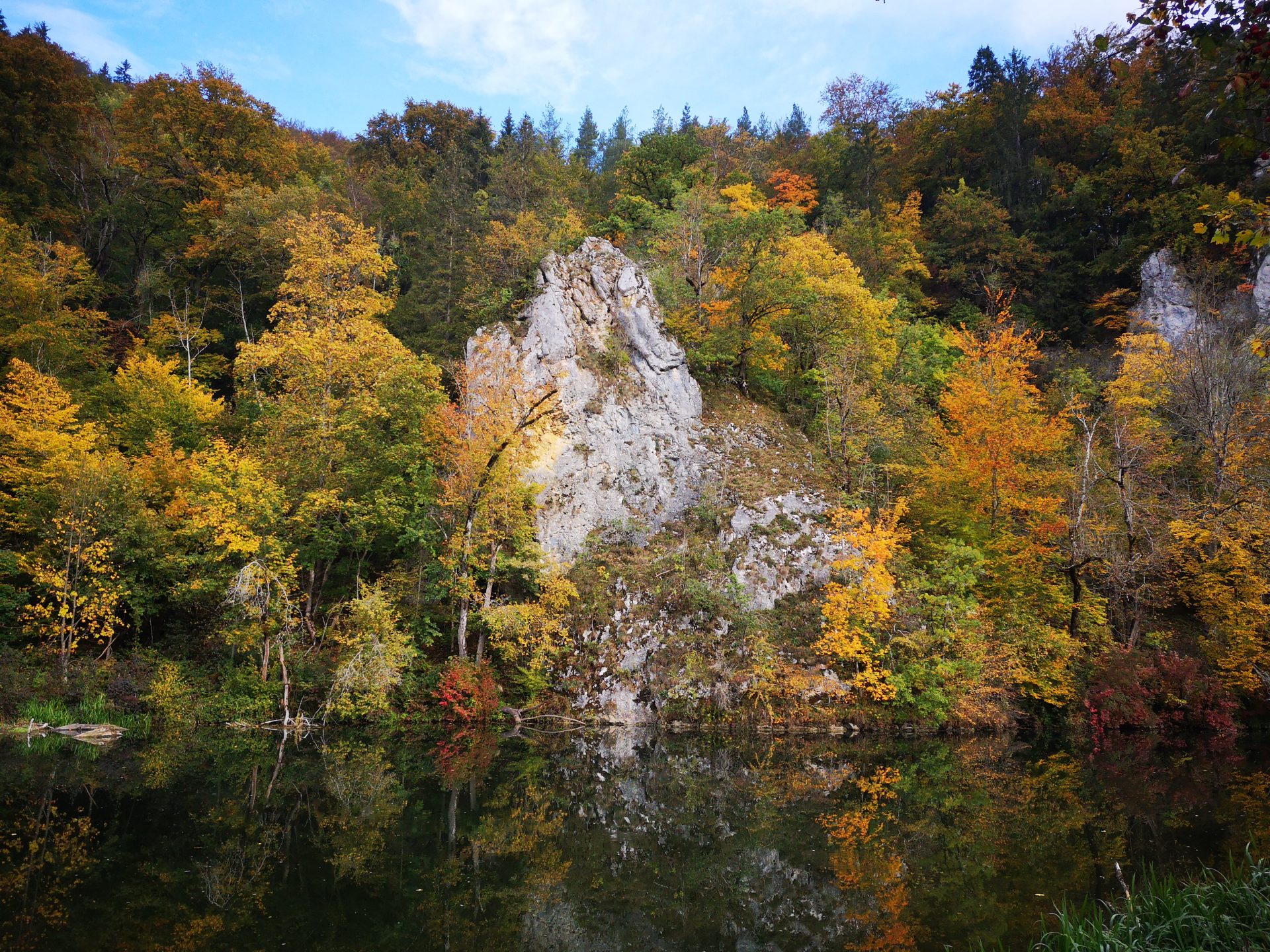
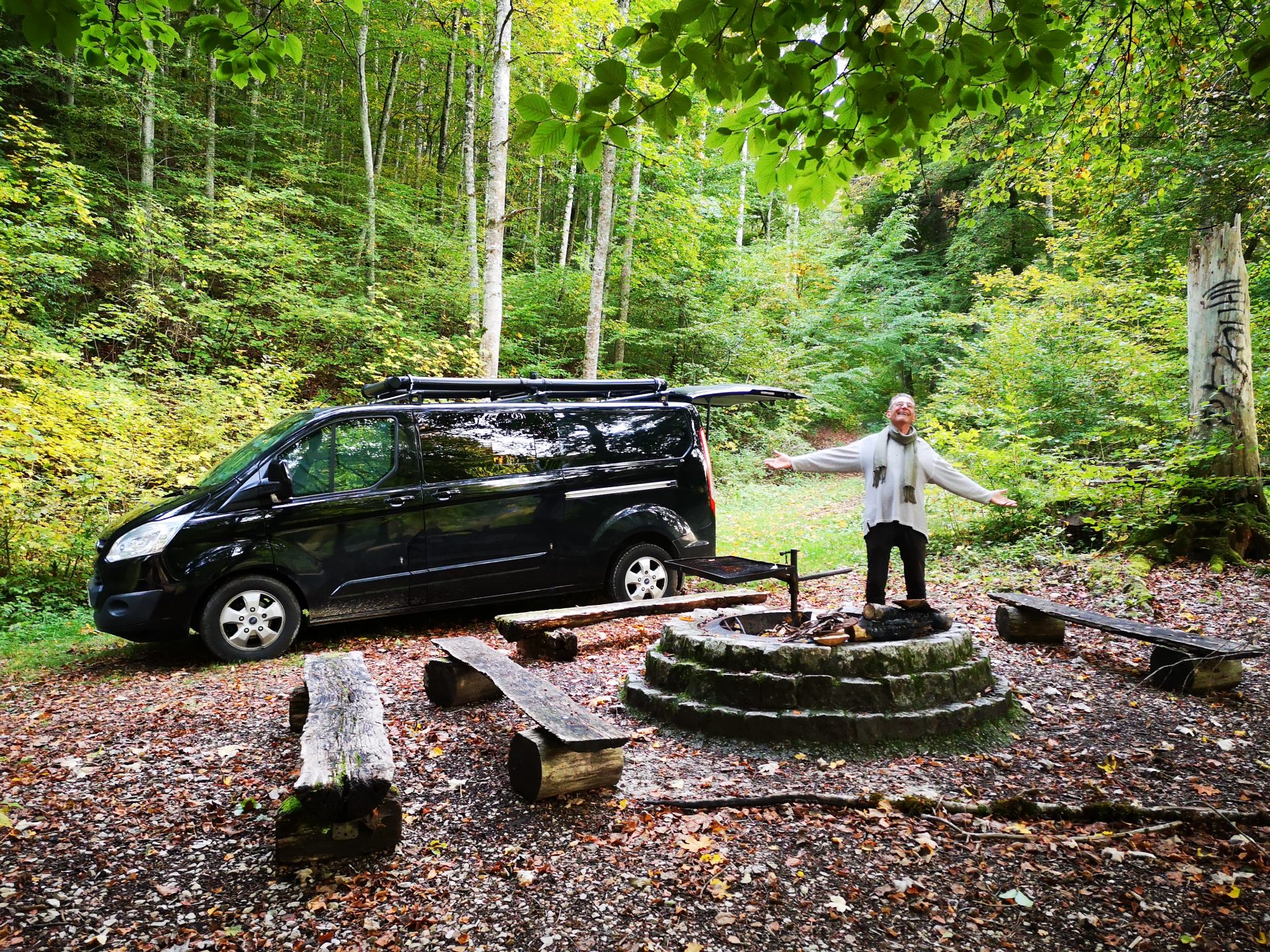
We’re at that parking spot by the Danube. We drove down here along a ‘strictly no vehicles’ track through the forest. I should explain that we are not complete anarchists. Jo is generally a ‘goody two shoes’ but she’s very good at justifying the breaking of what she describes as seemingly pointless rules. I can’t quite recall the justification for breaking this one. Something like 1) the sign had a motorbike and a car on it but no van. 2) the no entry sign could have applied to a different road as it was on a junction and 3) there were other vehicles using the road so it’s ok. Like I say Jo is very good at this.
It’s still raining but somebody has thoughtfully stored firewood to dry in a wooden shelter. So I build a huge fire in the firepit. At sunset a duck hunter pulls up in his 4×4 and, together with a couple of mates and a dog, they blast away at the sodden quacks for an hour. Then I light the great fire which burns, despite the biblical rainstorm, into the early hours.
Bavaria is our final German destination. Yes, it’s still raining and to test our endurance, it’s very cold, 3C down to -1C. So we check into a parking next to a farm with an Inn providing a hot shower and a warm toilet – bloody wunderbar. I stand under the hot water for ten minutes – I can feel my feet again.
Our route hugs the Austrian border along the Bavarian alps. The upper reaches of the forest are dusted with snow and the alpine peaks are snow white. Suddenly it’s winter. We book a cosy warm table at the Bergasthof restaurant in Pflegeersee just outside Garmish Partenkichern (oldies will remember Ski Sunday on BBC TV on grey wet Sunday afternoons? It was often broadcast from Garmish). The waitress is wearing the traditional drindl costume and the chef is in lederhosen. I order fresh trout which are kept alive in the lake under the restaurant. The wine is terrific. I want to sing Deutsche lieder.
We stay overnight next to beautiful lake Walchensee. It was here in a bustling bar in 1969, at the age of thirteen that I sat with my father and watched the first man walk on the moon. Jo and I find the bar, the Panorama, and call in for a drink. But we don’t stay. It’s cold, empty and the tables are caged by Corona perspex screens.
The highest mountain in Germany, the Zugspitze, is just outside Garmish Partenkirchen. But they charge €70 per person for a 10 minute return cable car ride to the summit. Outrageous. Much better value is the cable car ride up the nearby Mount Wank. I know. Very funny. Endless bad puns from both of us and much giggling from Jo. The views from the top of the Wank are tremendous and there is enough snow for a good snowball fight.
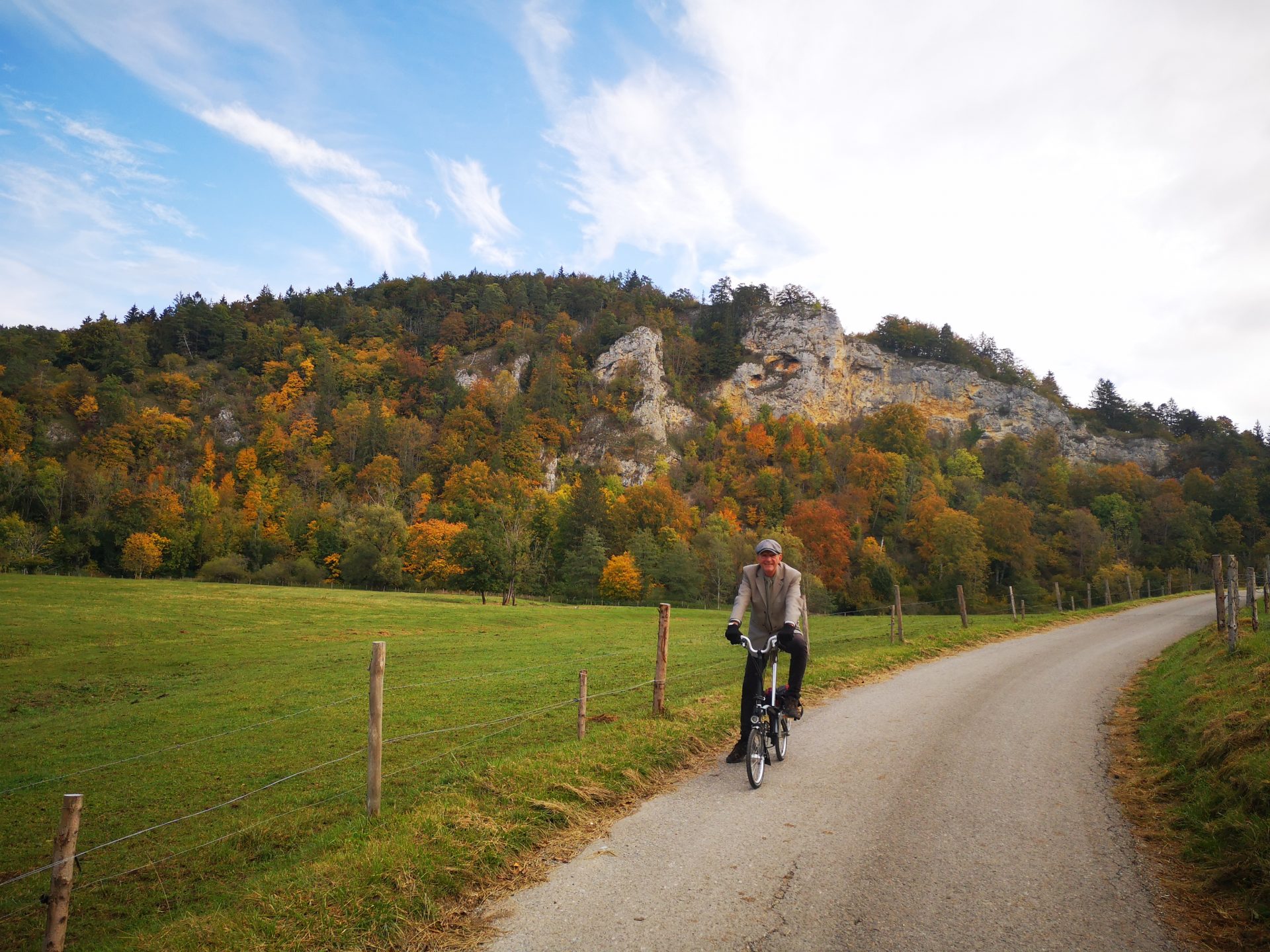
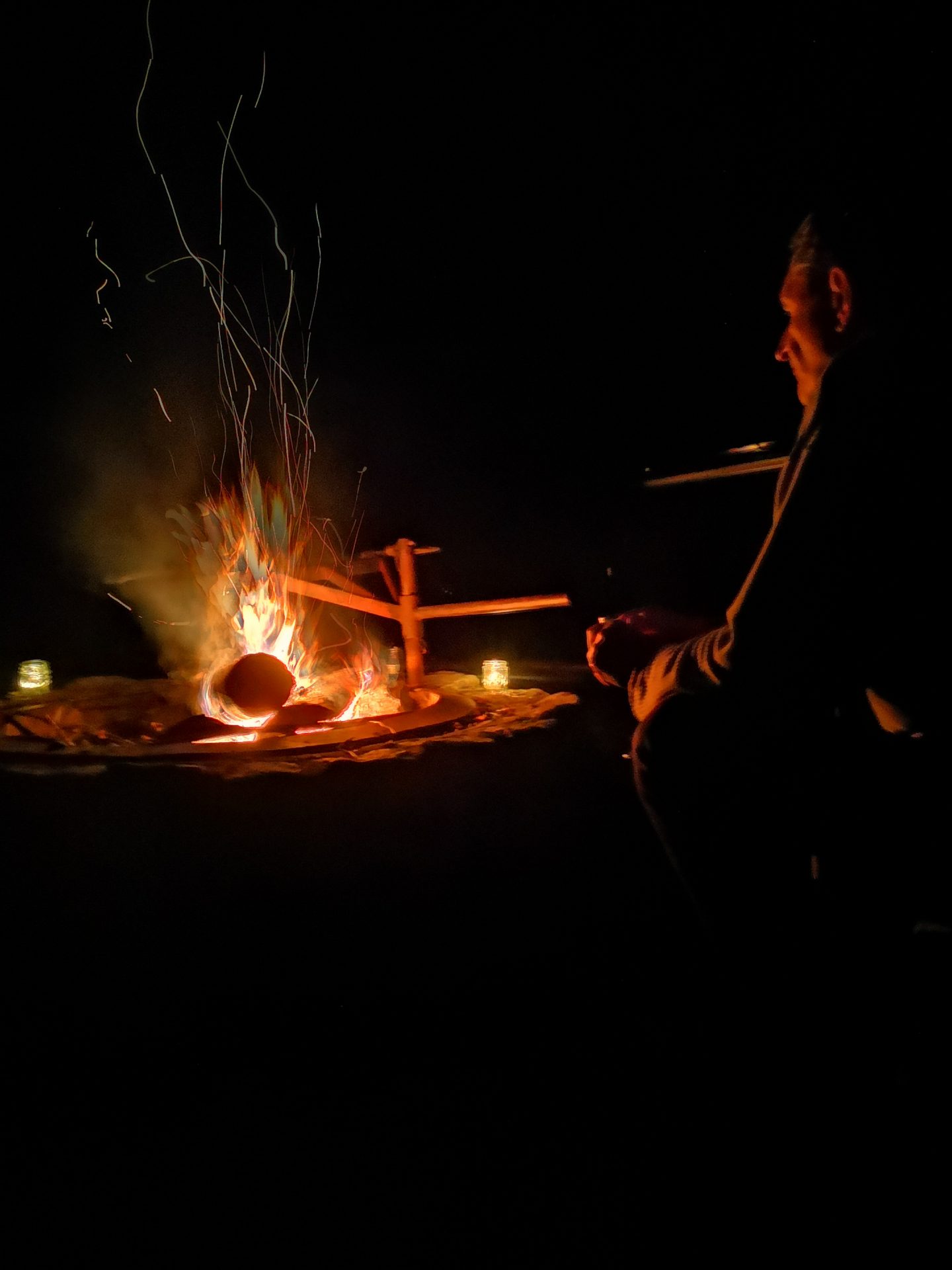
We’ve endured fourteen days of pretty miserable, unremitting cold rain through Belgium, the Mosel and Rhine river valleys, the Black Forest, the hills of the Schwabishe Alb and Bavaria.
It is challenging, living out of a small van in the rain. Every day, when I open the sliding side door, the scene is a different one: a lake, a river, a forest clearing, a view from a mountain carpark. Often the vista comes as a surprise, but the early morning ritual is largely the same: we wake when the mood takes us, not particularly early on cold grey days. There is a brief exchange about whose turn it is to make tea. If either of us has nature’s call then it’s their turn to brew. If it’s me, I’ll put on three layers of clothes and two pairs of socks. I squeeze into my walking shoes and open the sliding door to what has recently been an unforgiving blast of cold rain. I’ll find what shelter I can for a pee and then open the van’s tailgate and put on the kettle. I also need to unpack and erect the metal screen that shields the gas from the wind, else it blows out. Nothing is achieved or attempted until we’ve had a mug of tea.
Morning personal hygiene is a wash in cold water and perhaps a walk into the forest. Breakfast is either cereal and fresh fruit, or eggs, and more tea. Bowls, saucepans and cereals are stored under the bed so nobody gets a lie in. Then, unless we intend to stay where we are, we’ll break camp. The Brompton bikes are stored on the front passenger seat overnight so they are moved to the rear, next to the bed. The windscreen’s thermal blinds are removed and packed away under the bed, and the condensation on the windows must be wiped down with a squeegee. Everything needs to be secured before we can move off. This morning ritual can take an hour or more by which time we’re very cold, especially our fingers, we’re damp too and this can be thoroughly miserable. A few days of this can test our nerves and our patience with each other. But we know its not going to last.
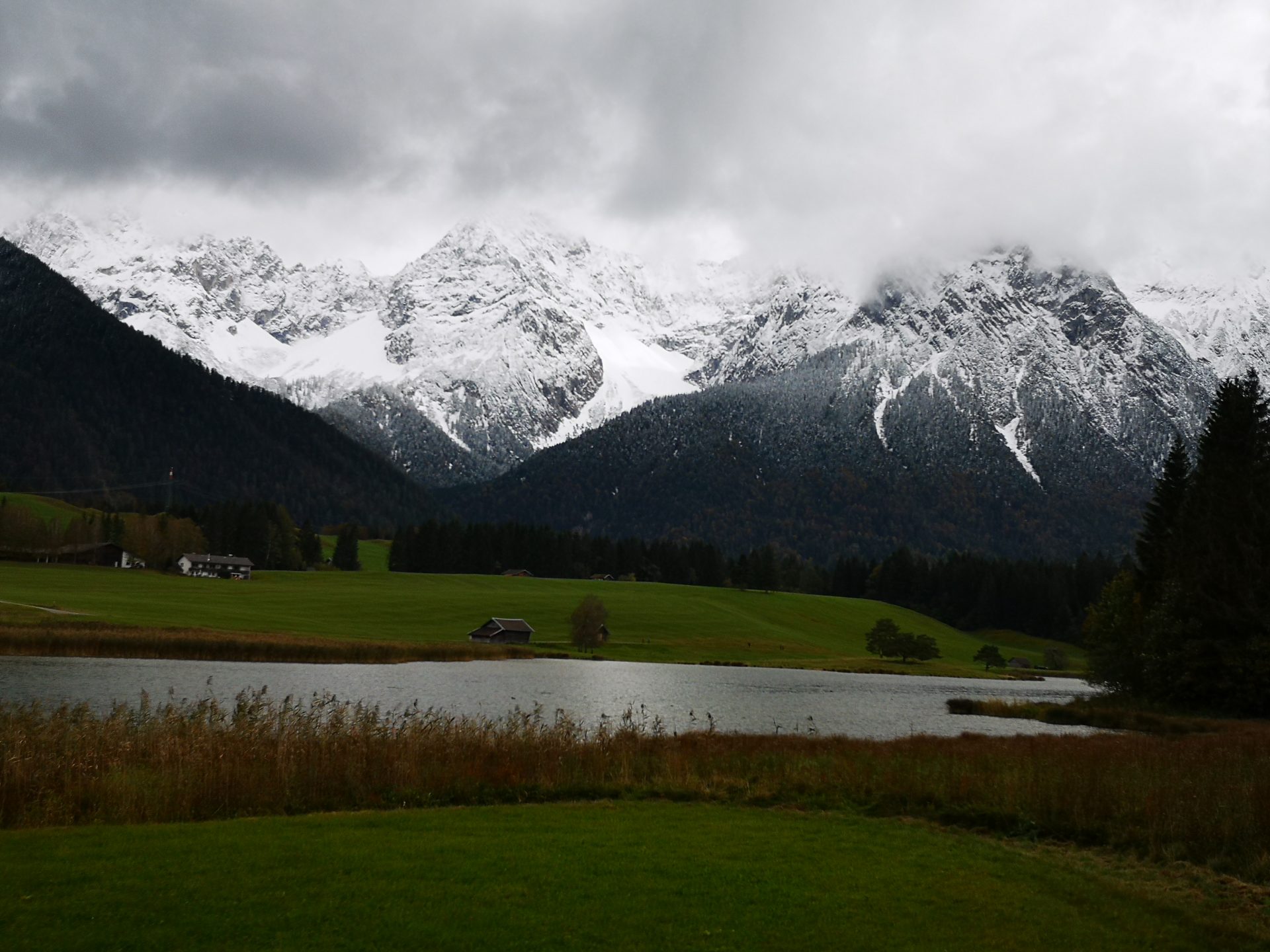
We do remind ourselves that it was never our intention to be in the campervan in the winter. We’re here because all other destinations are Coronaclosed. We’re still hoping to get to Greece but access overland is impossible – all surrounding countries are off limits. We’ll try to get there by ferry from Italy but right now the best deal I can get is almost €1,000 return – way outside our budget. But we must keep heading south. In Bavaria tomorrow night the temperature will be -1C. We may even get snow – in Germany when it snows or ices up, snow tyres are mandatory. Switching to them is simply not a practical proposition.
When we left England, there was a storm moving over northwest France which had some influence in persuading us to head east towards Belgium and Germany en route to Italy and destinations south. This was fortuitous, Italy has now declared that visitors from France must take a Covid test. Not so those from Germany. At present, if we spend 14 days in Germany we are free to enter Italy without restrictions. How long before that changes is anybody’s guess.
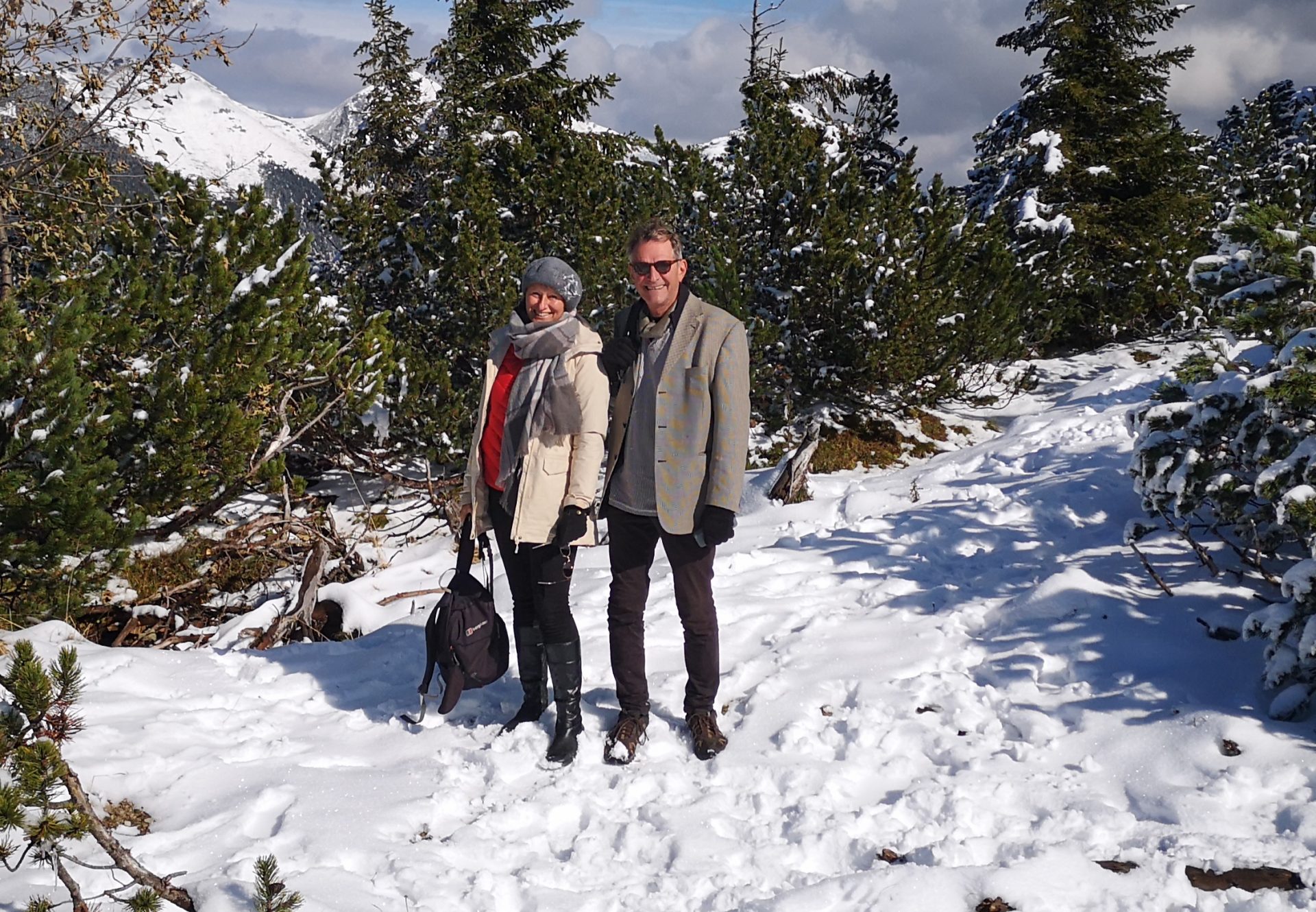
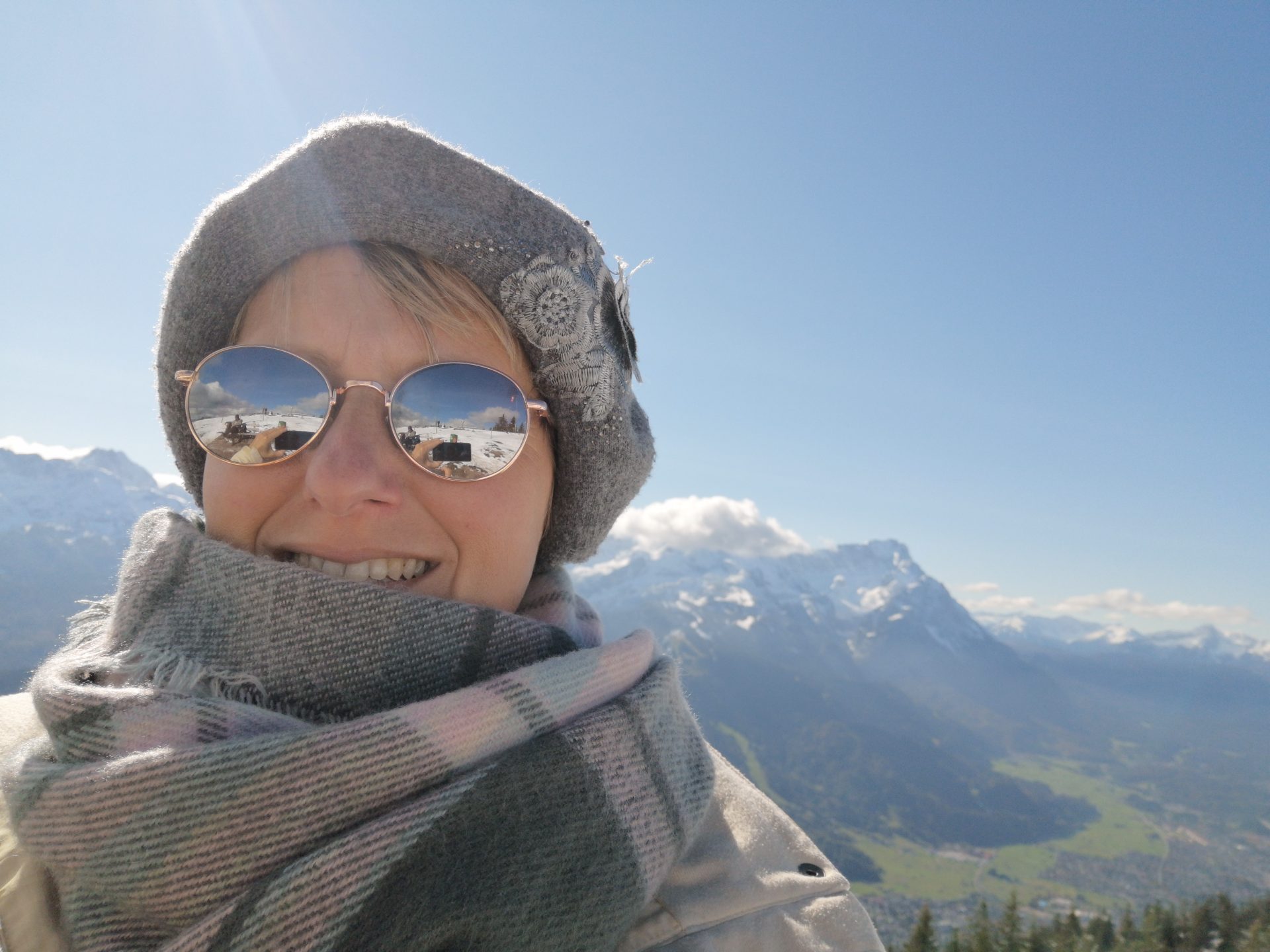
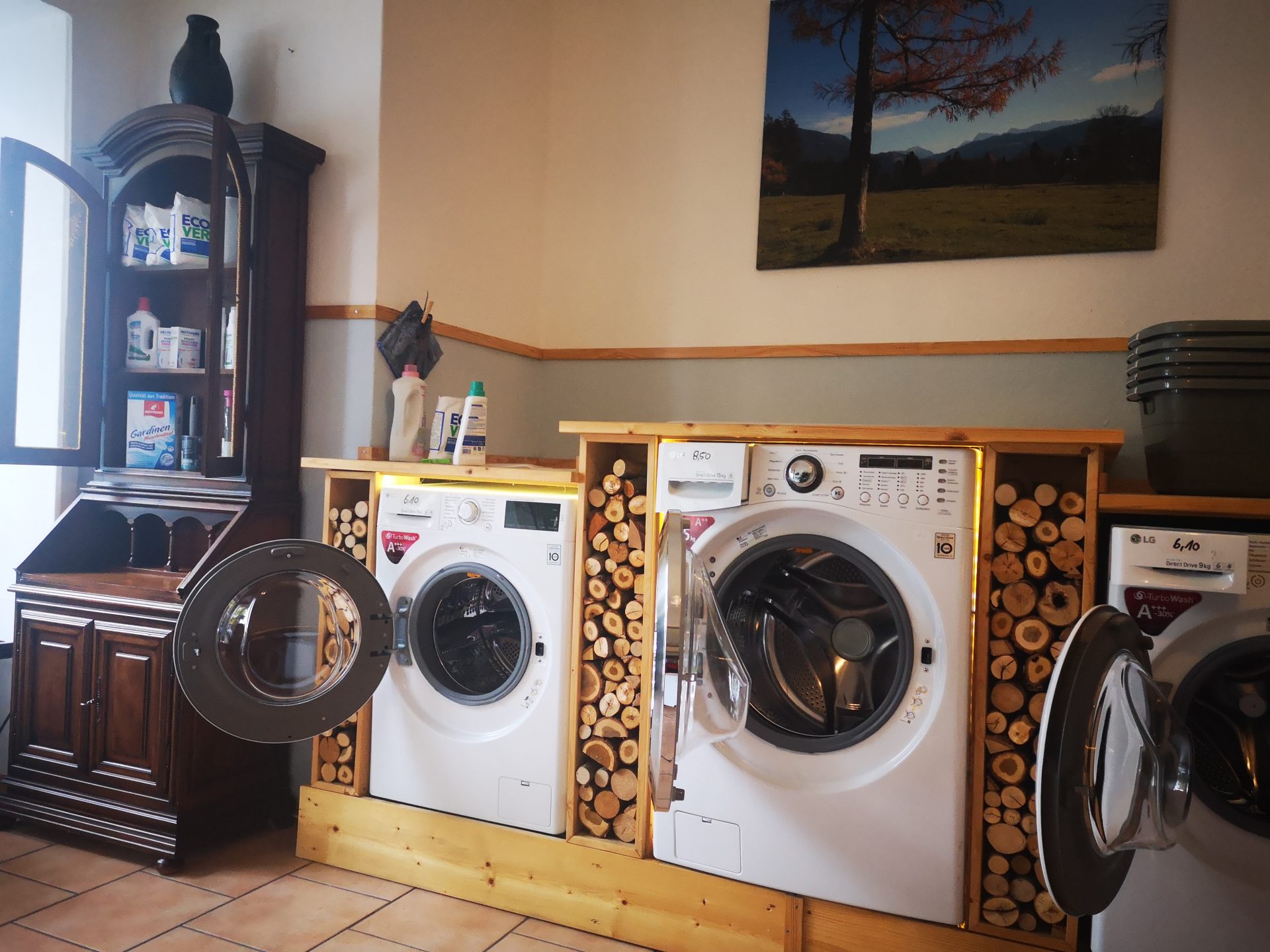
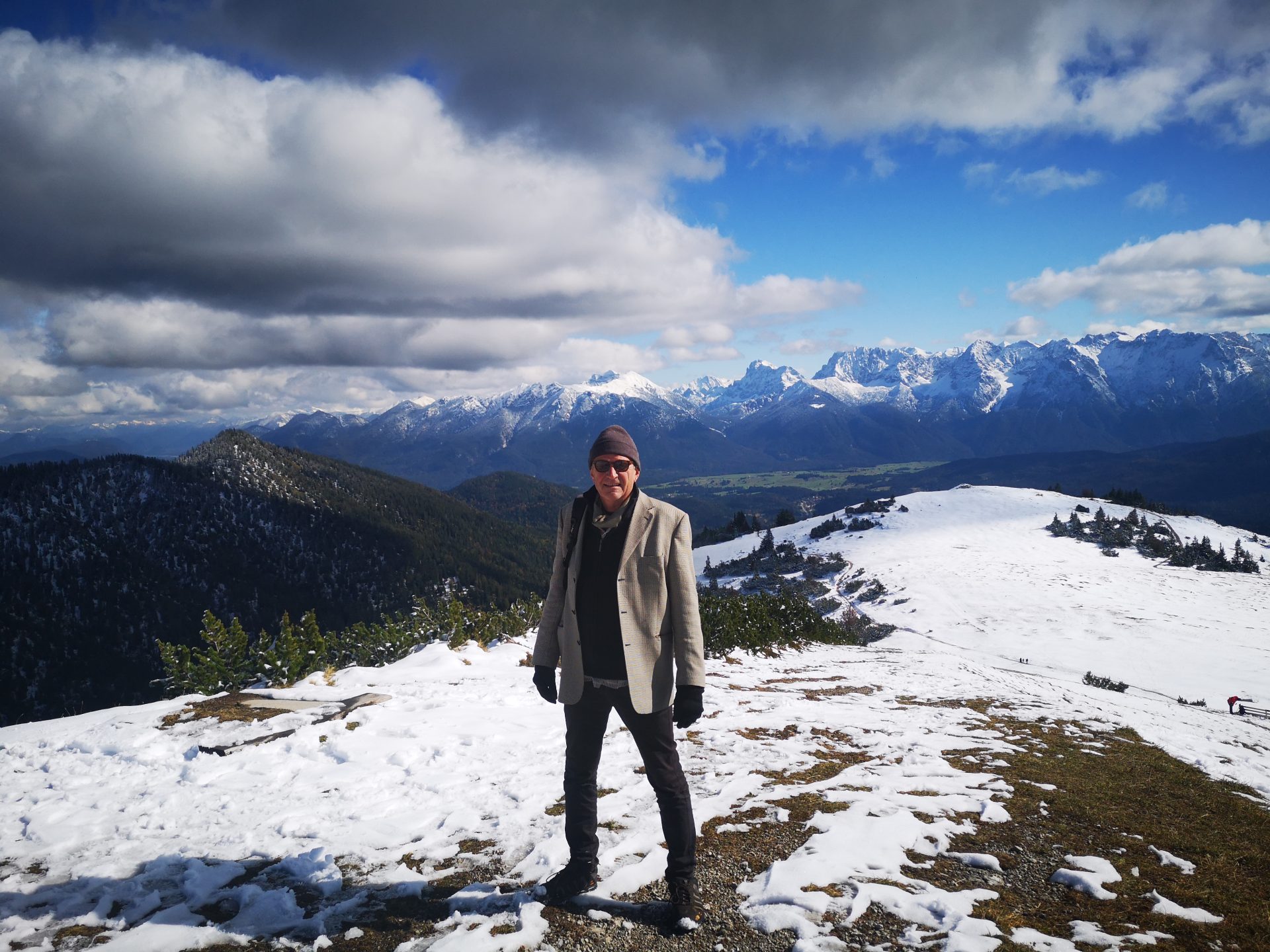
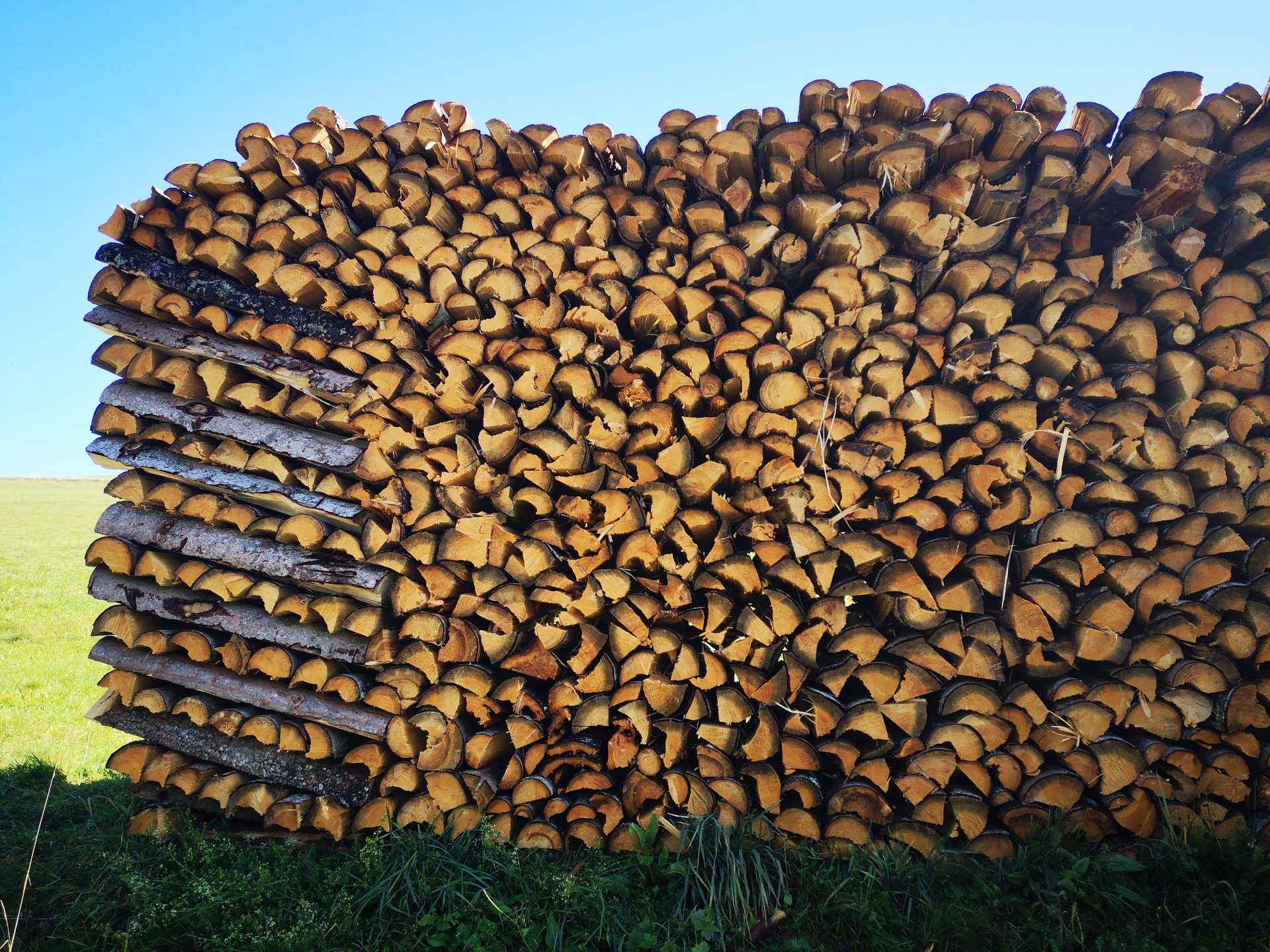
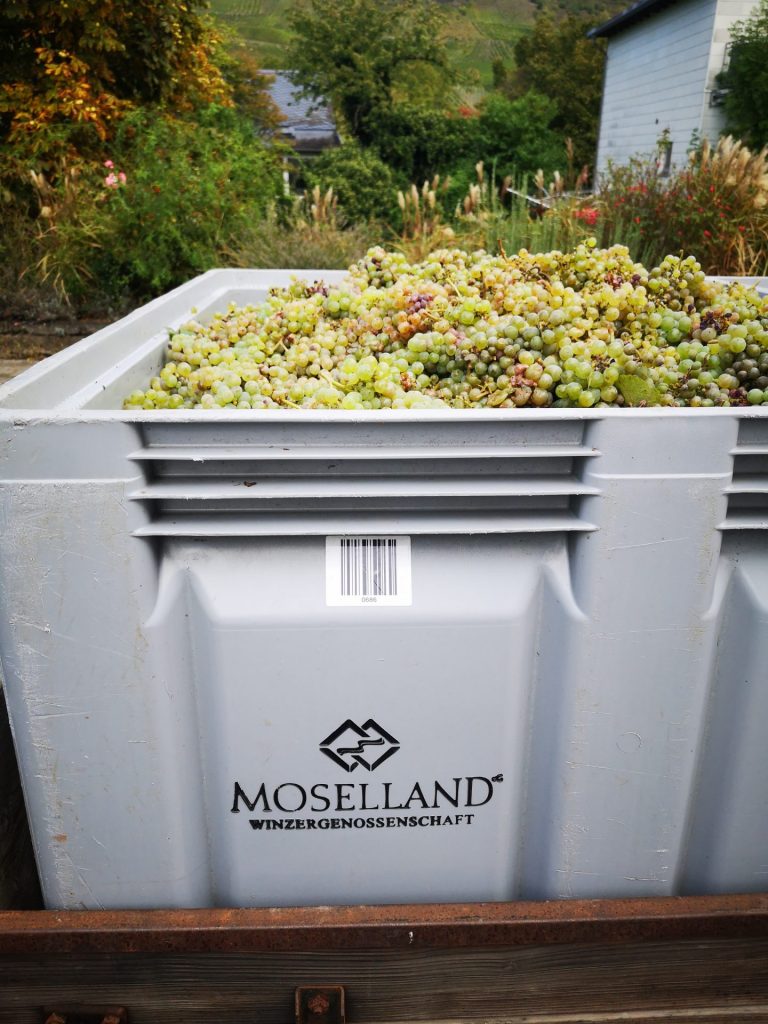
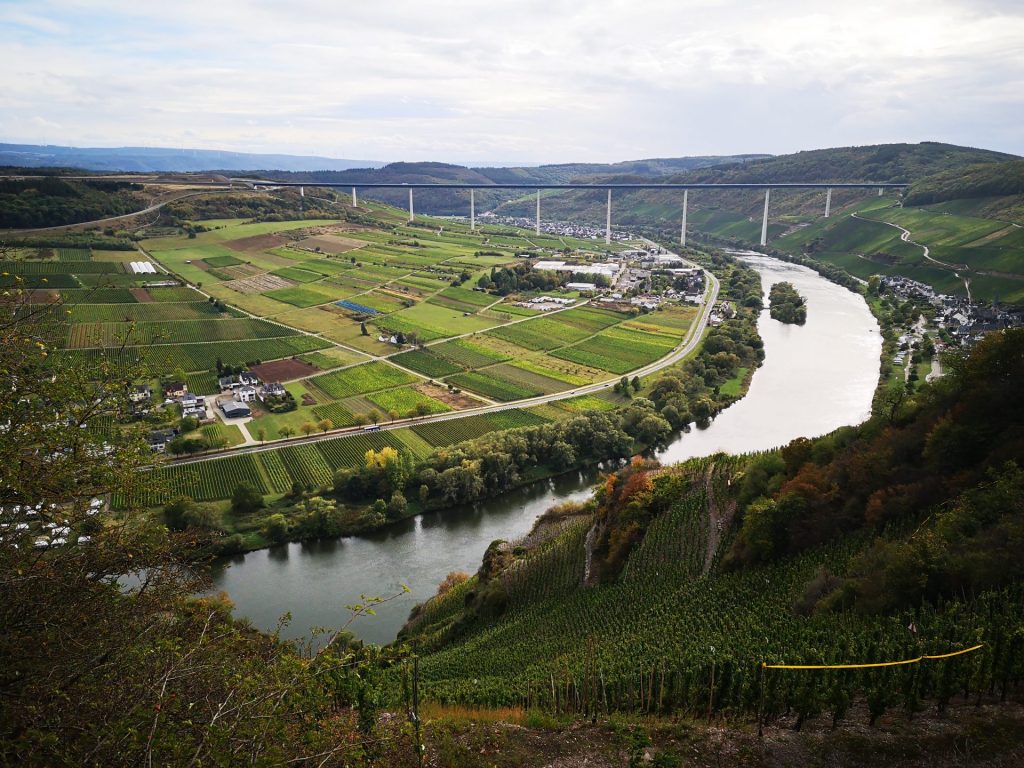
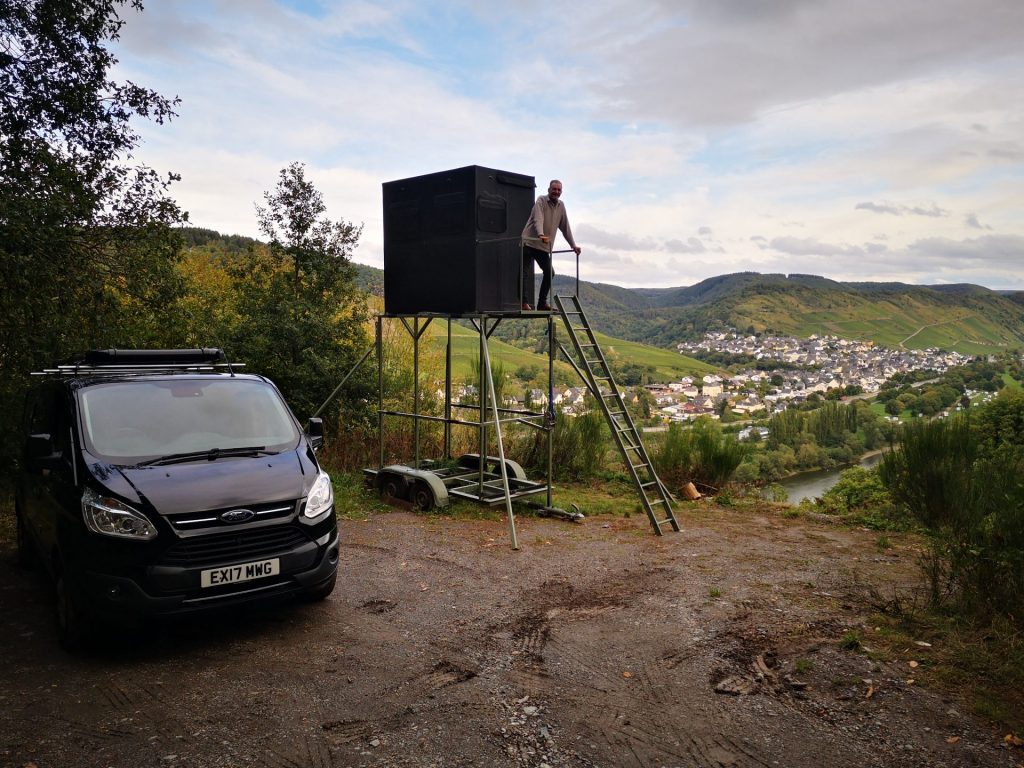
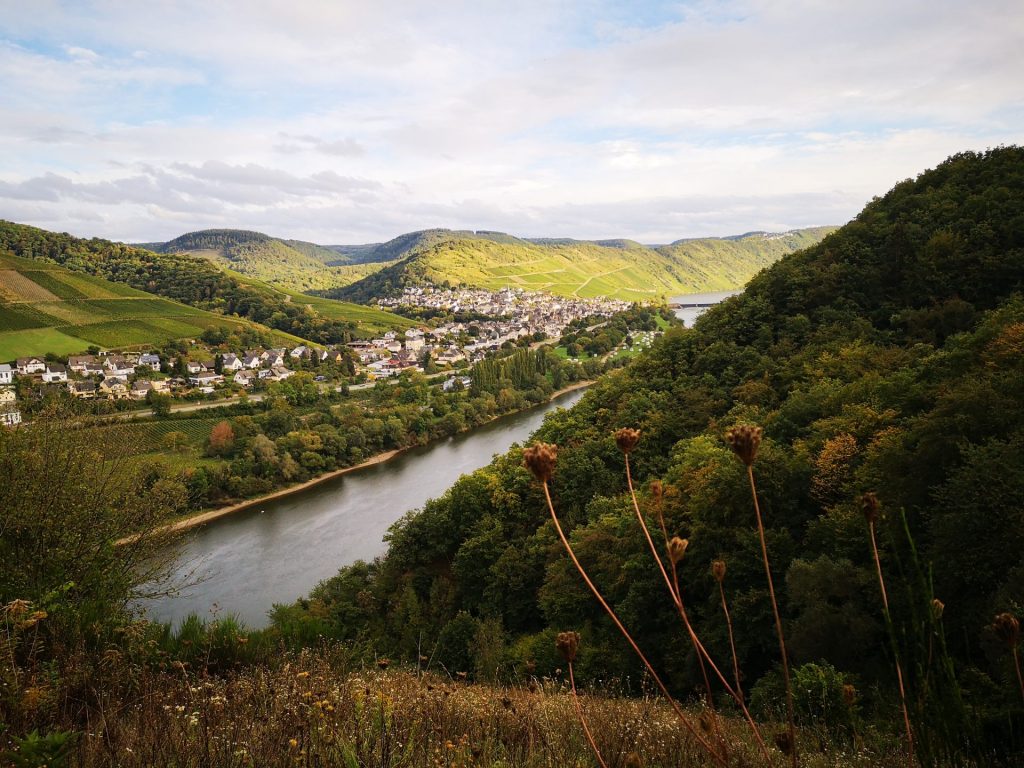

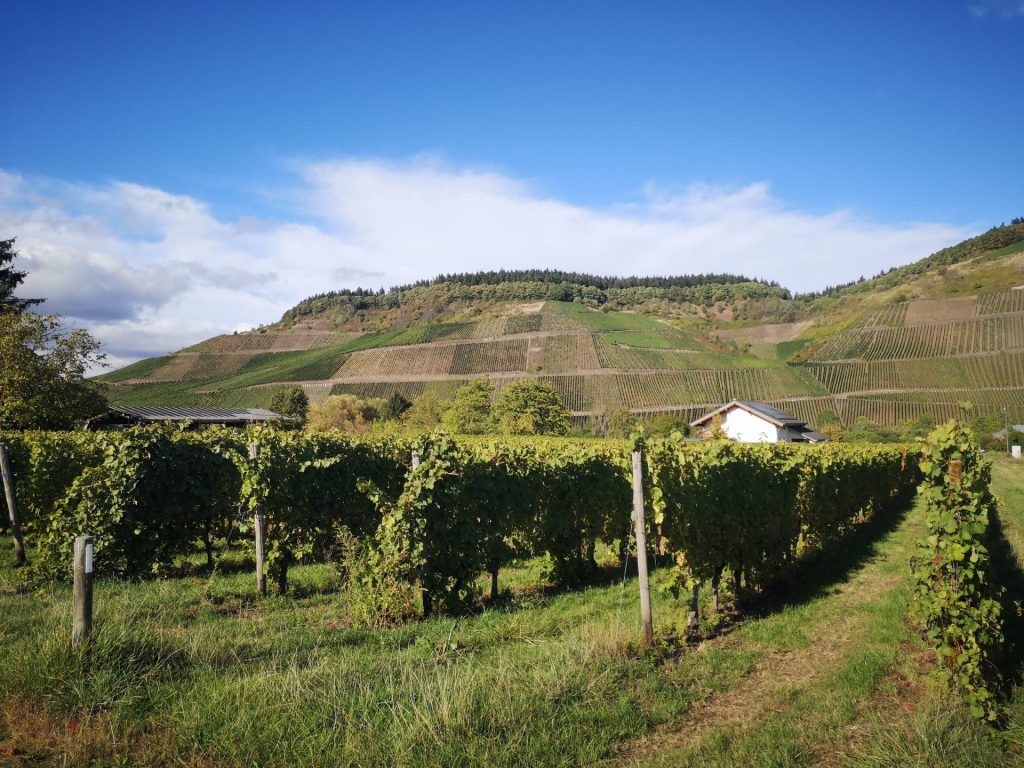

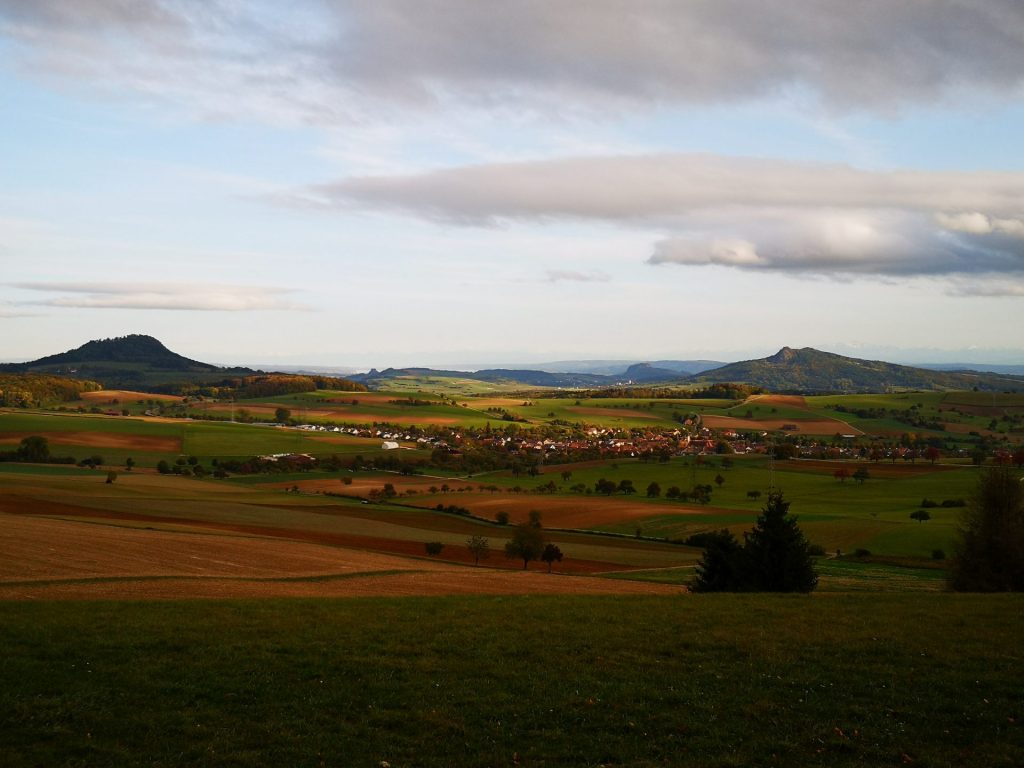

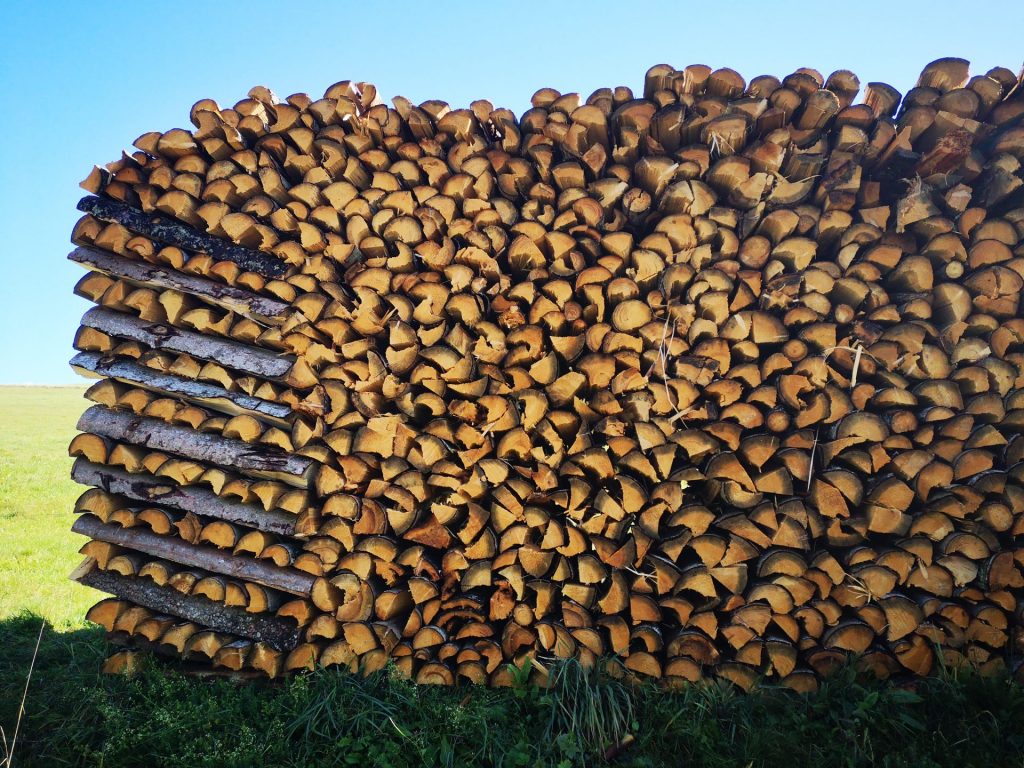
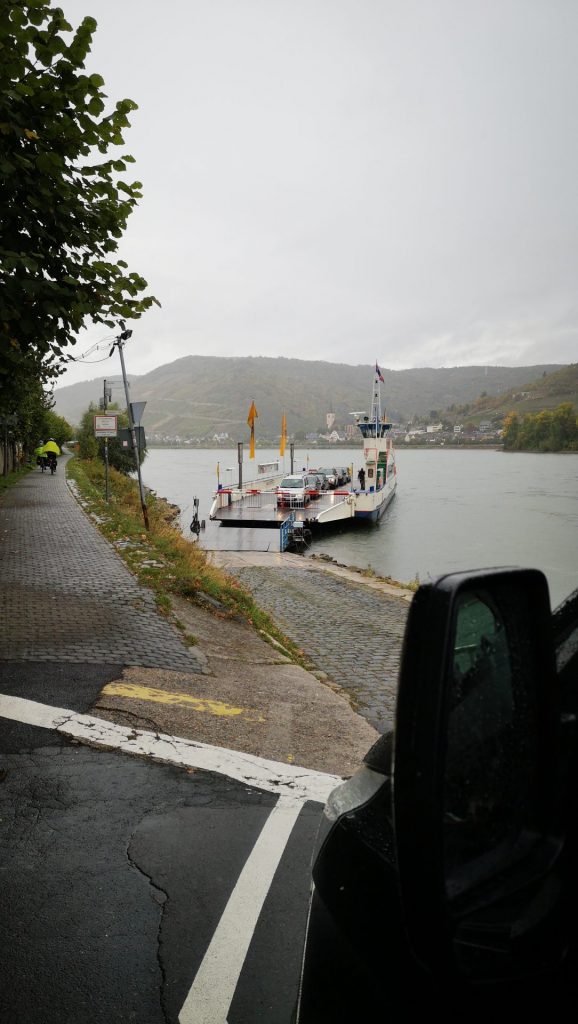
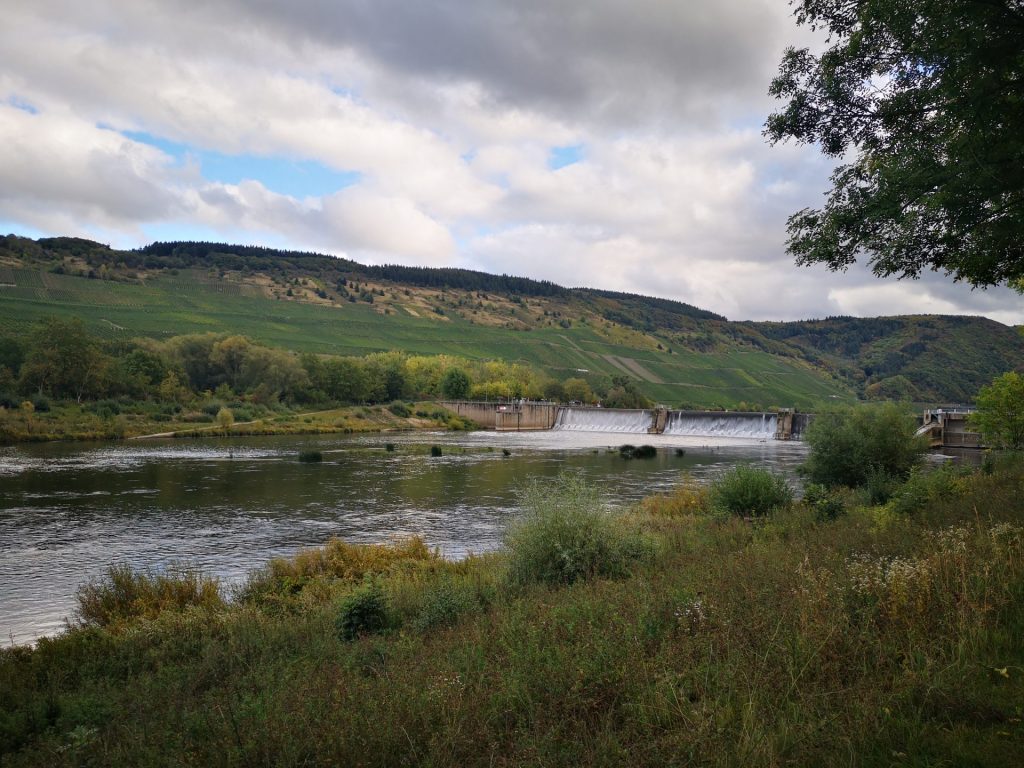


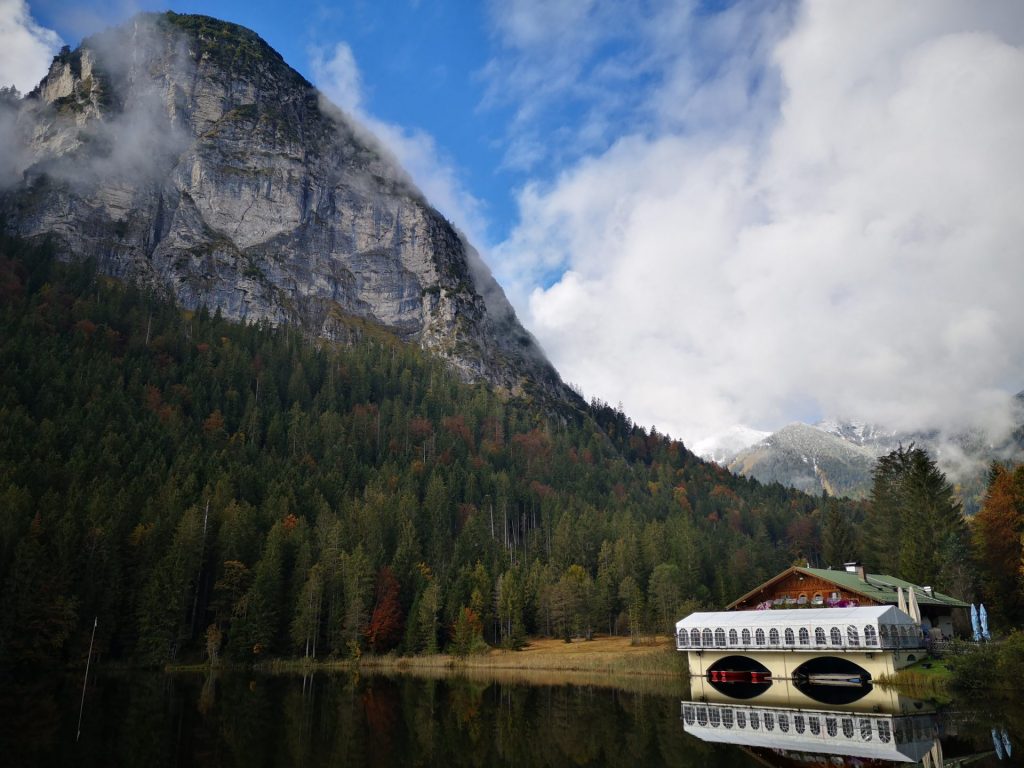
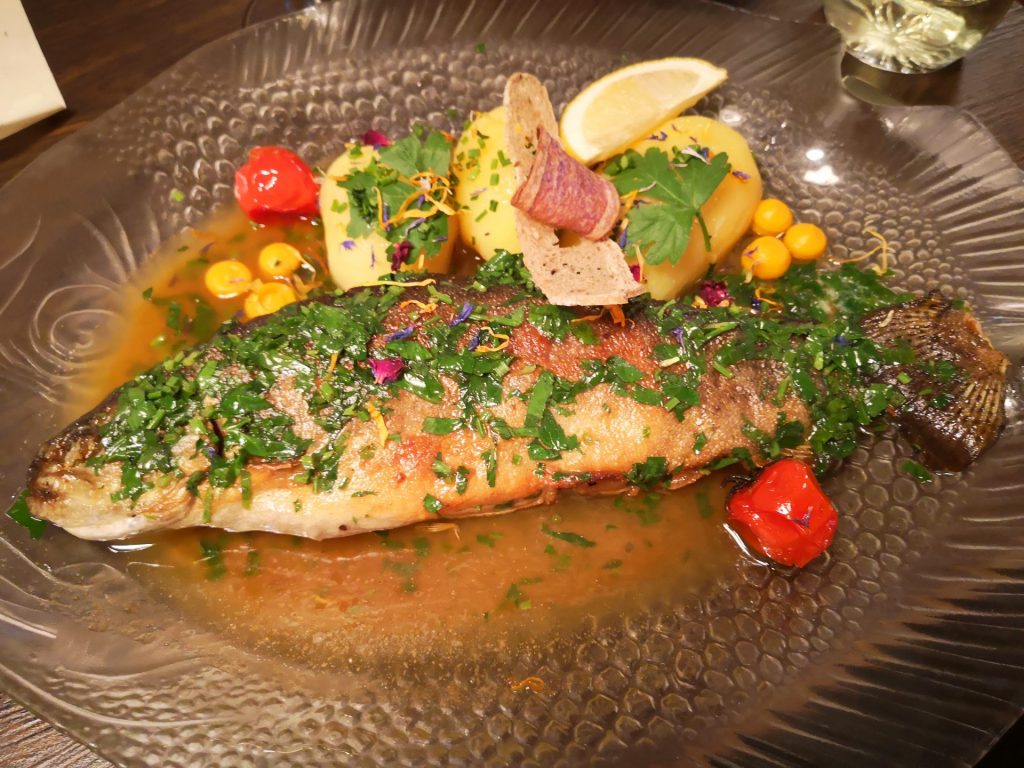
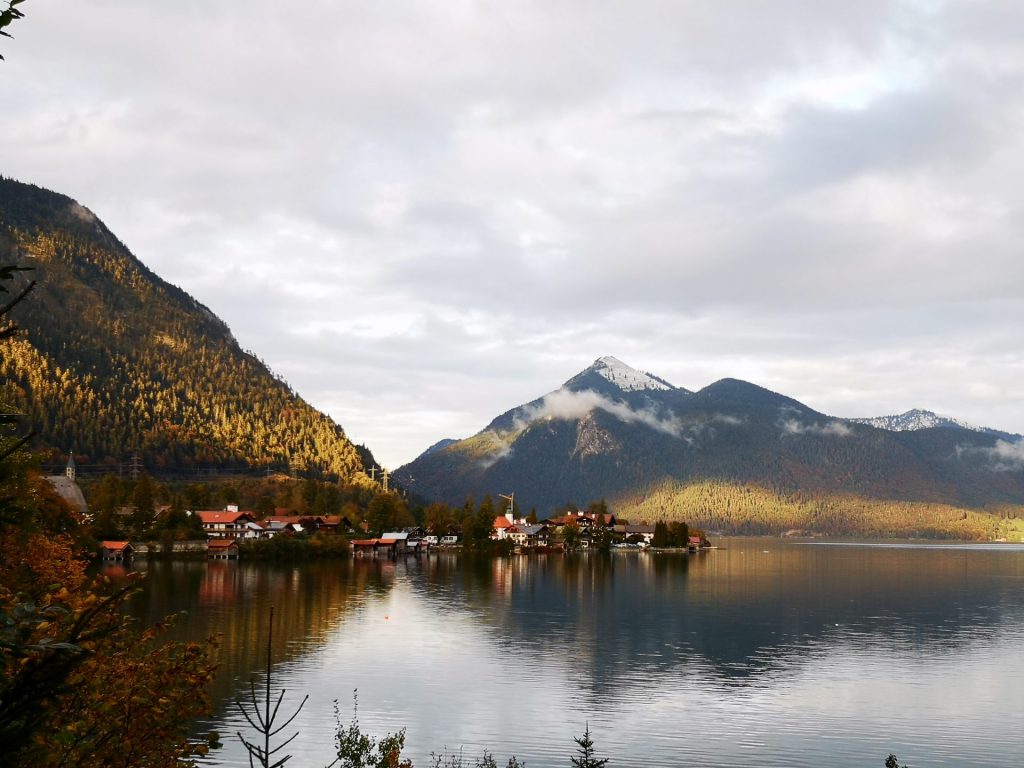
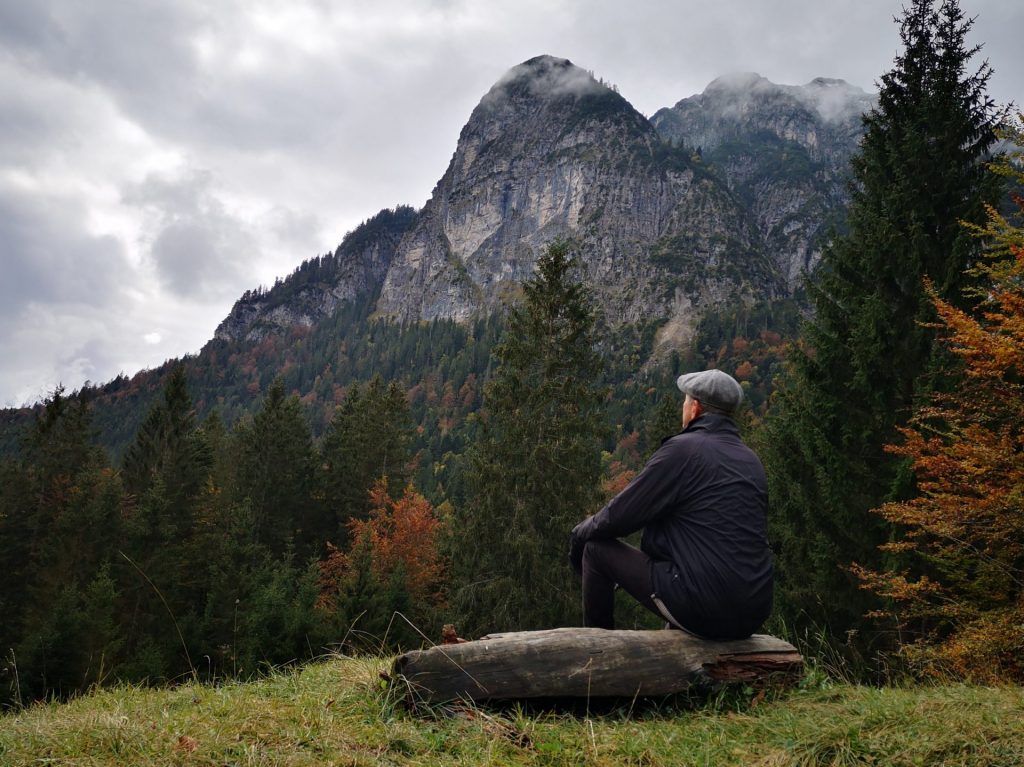


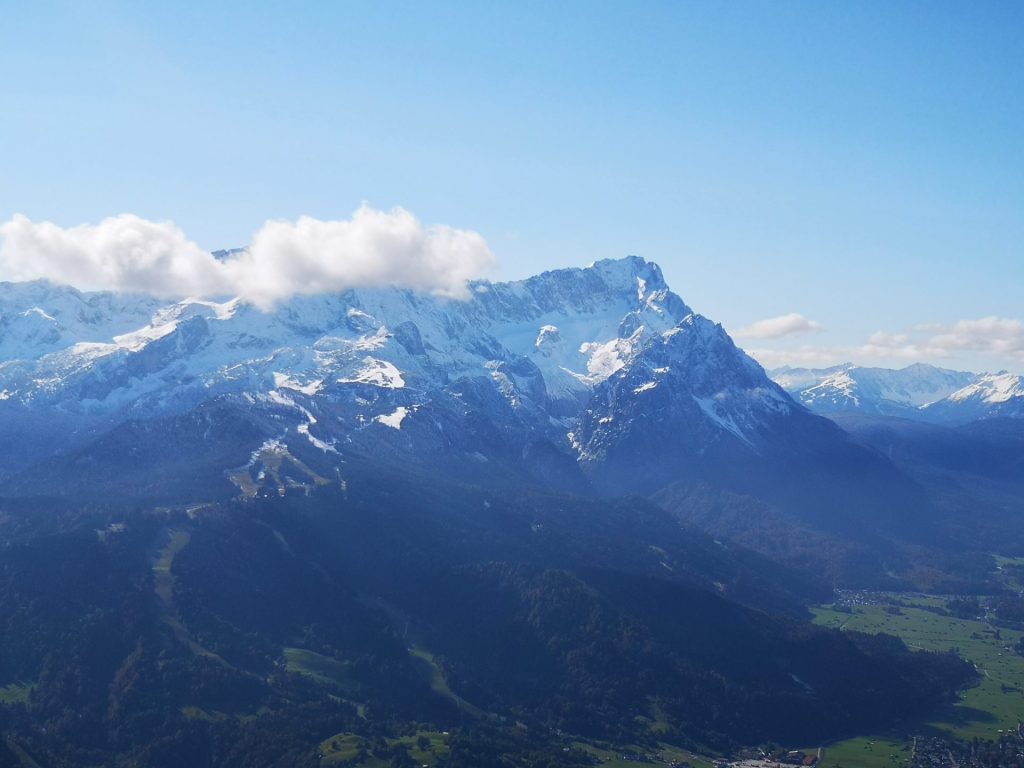
A fabulous blog Armand
You were amazing to do all what you did in the most horrendous weather. Well done. I bet you are reallly pleased with yourselves.
Hope you find some warmer weather now you are in Italy.
Stay safe and enjoy Italy.💕